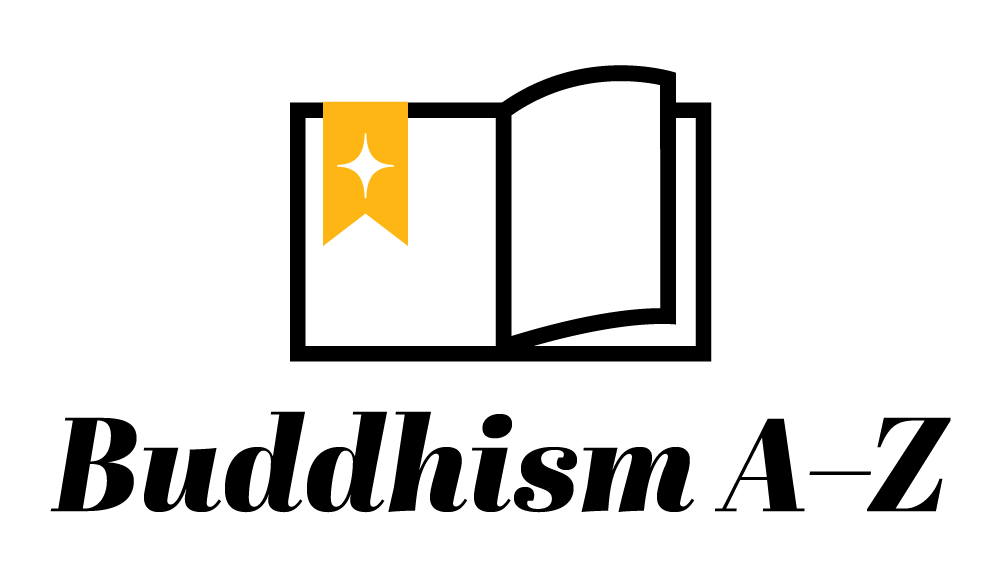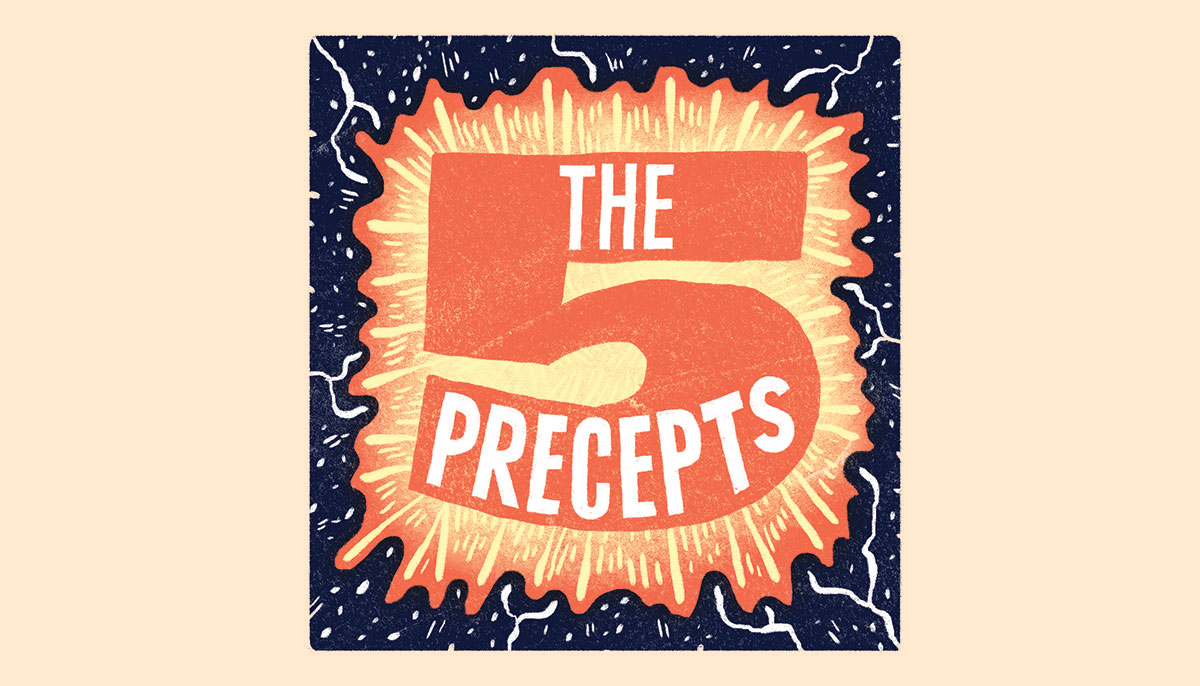The five precepts are the guidelines that form the foundation of Buddhist ethics. The precepts are: not killing, not stealing, not misusing sex, not engaging in false speech, and not indulging in intoxicants. Many new Buddhists take the five precepts with their refuge vow.
Interpretation of the precepts varies widely from person to person and school to school. Some Buddhists follow the precepts strictly, while others take them as general guidelines whose specific application is determined by compassion and what creates the most benefit in a given situation. The precepts apply not just to how we act in our personal lives but to the ways we act in society as citizens and consumers.
The precepts serve as practical guidelines for individuals to live a life of moral integrity, compassion, and mindfulness. By observing them, Buddhists aim to cultivate wholesome conduct, avoid harm to themselves and others, and create conditions for progress on the path to liberation. There are many different sets of precepts, but common to all Buddhists are these five:
1. Not Killing
This precept emphasizes non-harming and respect for the sanctity of life. It encompasses refraining from intentionally causing harm, killing, or engaging in violence toward sentient beings. Beyond strictly personal actions, it can include ways in which we act in society that promote the killing or destruction of the environment.
2. Not Stealing
This precept promotes honesty, integrity, and respect for others’ property. It involves refraining from stealing, cheating, or engaging in dishonesty or exploitation. Another reading of this precept counsels us “not to take what is not freely given.”
3. Not Misusing Sex
This precept encourages ethical and responsible sexual behavior. It involves refraining from engaging in sexual misconduct, such as adultery, sexual exploitation, or acting without the consent of one’s partner. The basic idea is not to use sexuality in any way that causes harm to others, yourself, or society.
4. Not Engaging in False Speech
This precept promotes honesty, truthfulness, and responsible speech. It involves refraining from lying, gossiping, slandering, or engaging in harmful speech. At the same time, many Buddhists acknowledge that there are situations in which complete truthfulness is neither warranted nor beneficial, and so this precept can be seen as particularly situation-dependent.
5. Not Indulging in Intoxicants
This precept encourages mindfulness, clarity of mind, and self-control. It involves refraining from consuming alcohol or any other intoxicants in any way that impairs judgment, mindfulness, and ethical conduct. Whether it’s drugs, alcohol, television, or the Internet, if it clouds your mind, it’s not helping you generate the clear seeing that Buddhist practice is meant to cultivate. Again, this precept is interpreted by Buddhists in different ways, ranging from strict abstinence to moderate consumption to, in the case of some schools of Buddhism, the use of alcohol in certain rituals.
Related Reading
Adapting Buddhism’s Five Precepts for Reconciliation
Patrice Clark Koelsch reimagines the five precepts to apply when engaging in morally-charged activist settings.
Ethical North Star: The Five Buddhist Precepts for Modern Times
In this complex and interconnected world, living ethically has never been more challenging—or more important. Jan Willis, Rebecca Li, Trudy Goodman, Thanissaro Bhikku, and Sister True Dedication share the five Buddhist precepts for modern times.
The Five Precepts—Buddha’s Training Wheels
Zachary Bremmer explains why we should approach the five precepts as training wheels to guide our practice.
Buddhism A–Z
Explore essential Buddhist terms, concepts, and traditions.




